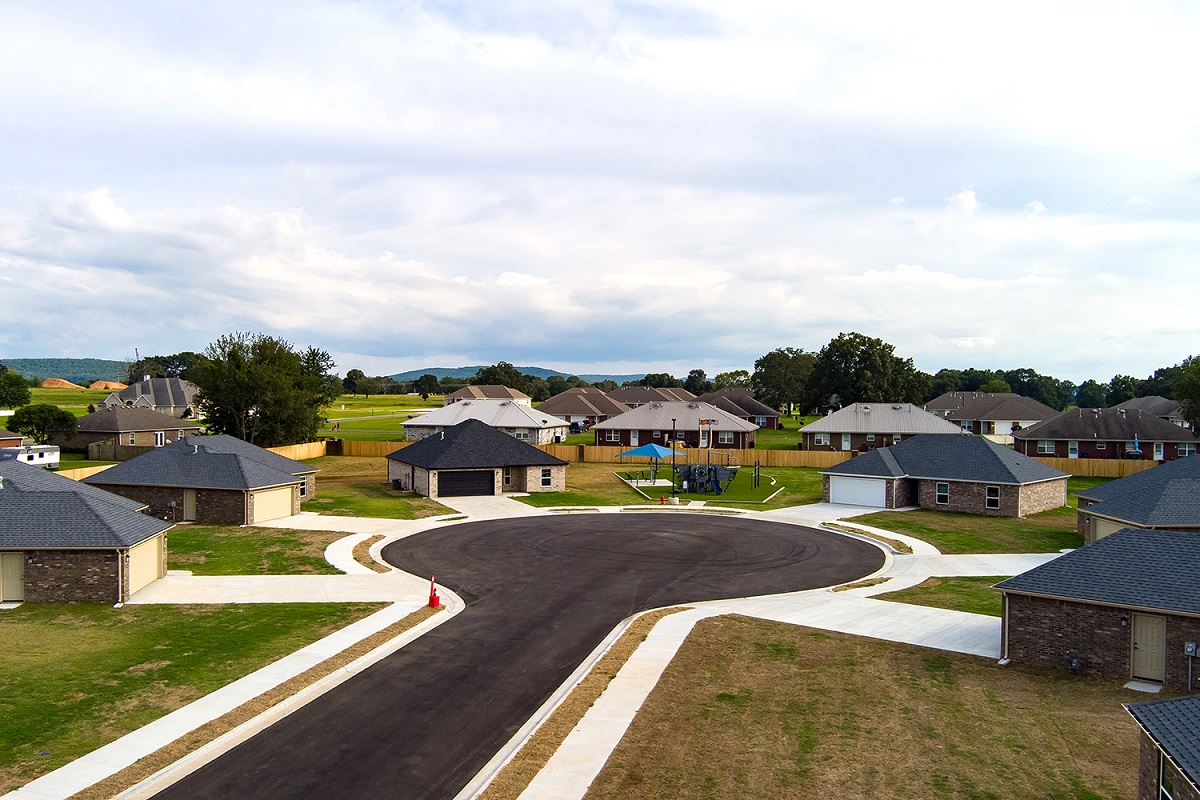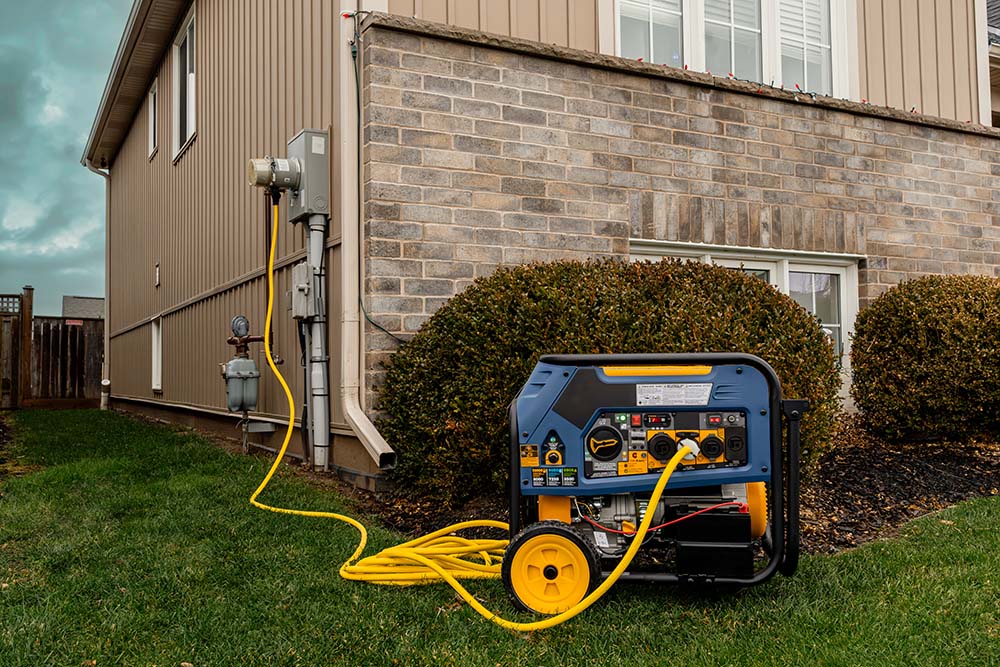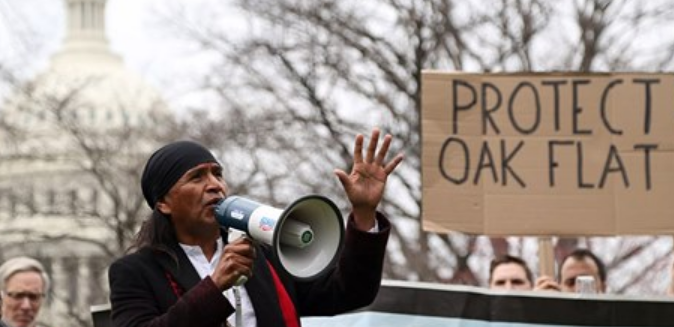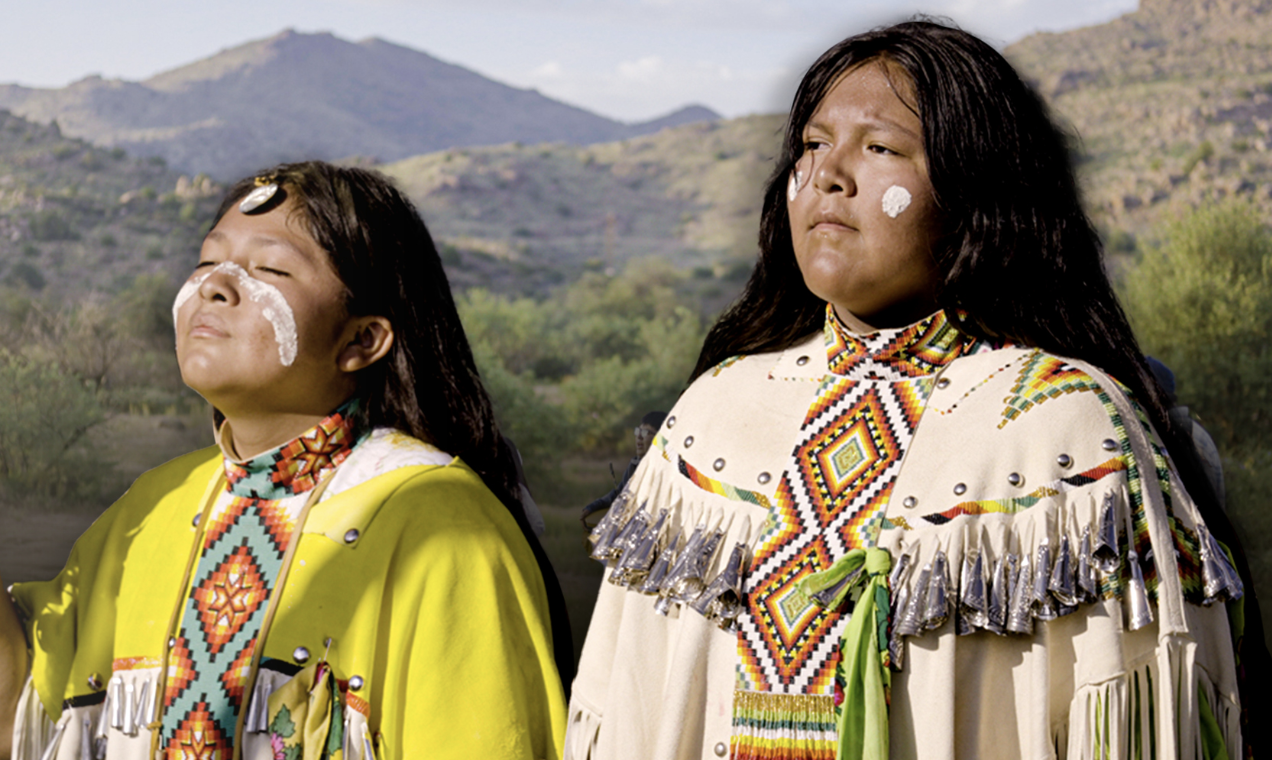
- Details
- By Chuck Hoskin Jr
Guest Opinion. We are in the midst of the largest period of housing investment in the history of the Cherokee Nation. If we think of our housing challenges as public health challenges, we can go even further.
Our massive housing investment is due to the historic Housing, Jobs and Sustainable Communities Act of 2019. We began with a $30 million investment in housing rehab for elders in 2019 and in new community buildings where our elders often gather. We went further in 2022, injecting $120 million across existing and new housing programs. Last year we made the law permanent, with a commitment of $40 million every three years for the cause of housing and community facilities, all paid for by profits from Cherokee Nation Businesses and on top of federal funding.
Progress on housing takes time, and building lasting change isn’t easy. Together, we have made meaningful milestones through the Housing Authority of the Cherokee Nation. Since 2020, we’ve started or completed more than 500 new homes, 2,500 housing rehabilitation projects and our team answered over 1,300 emergency after hours calls.

Additionally, our $34 million investment into a special program for first language fluent Cherokee speakers funded over 1,700 individual home repair and replacement projects and an expansion of our innovative village for Cherokee speakers in Tahlequah.
Deputy Chief Bryan Warner and I believe in facts and transparency, so that we can all face challenges head on. Last year, our own housing study revealed that we have $1.75 billion in unmet housing needs across the reservation.
Our study shows we have more work to do. HJSCA, with its $40 million commitment that renews every three years, will be at the core of how we address housing gaps over time. We will continue to invest federal funds as well. But, sadly, Congress funds federal Indian housing programs at the same level as it did 25 years ago when adjusted for inflation. Still, we are on a path to make serious progress.
As I visit Cherokee communities where housing needs are obvious and I listen to stories of citizens who struggle to pay rent or find a path to home ownership, I realize we need to go even further than the historic effort we have already mounted.
We need to treat our housing challenges as a public health challenge. In doing so, we can tap into even more resources — and think even more deeply — about Cherokee Nation’s role in building community.
A lack of housing or housing that is substandard impacts health. A recent review of research by the U.S. Department of Health and Human Services revealed what most of us know: Housing affordability, stability, quality and safety — as well as those qualities in homes across one’s neighborhoods — can either negatively or positively impact a person’s health and in turn a community’s health.
Chuck Hoskin, Jr. is the principal chief of the Cherokee Nation.
Fortunately, we have another landmark tribal law that can help us go further on housing, in the name of health: the Public Health and Wellness Fund Act. Enacted in 2022, PHWFA earmarks 7% of our third-party health insurance collections for behavioral health and public health programs and initiatives.
The PHWFA fund has a surplus, and we need to invest some of it into housing and outdoor recreation. We can build affordable housing, small parks and community buildings (including some with public safety substations) in communities that, in many cases, have not seen any such investment for generations. We will not only add more to our housing stock, but we will also create a sense of community, safety, belonging and hope. By tapping at least $30 million of the PHWFA surplus over the next few years, we can make a big impact.
We are still early in orienting our thinking about “housing as public health,” but we are already finding wonderful opportunities. Recent land acquisitions in Keys and Lost City mean we can work with those communities to eliminate blight and replace it with housing, community buildings and outdoor recreation space.
Along with Keys and Lost City, we have designated land we have long owned in South Coffeyville, Vinita, Jay and Sally Bull Hollow as “housing and wellness reserves,” laying down a marker that these sites are perfect for similar investments. We continue to assess communities across the reservation for similar designations.
This much is clear: We have a lot of work ahead, and we are just warming up. With the Housing, Jobs and Sustainable Communities Act and the Public Health and Wellness Fund Act on the books, we have the tools and resources to forge ahead, boldly
More Stories Like This
Saved by the (9th Circuit) BellOn Memorial Day, Remember Native Warriors and Honor a Greater Truth
Uplifting Cherokee Children Through Foster Care
Hochul Said Sorry. But for the Seneca Nation, Is That Enough? (Part 02)
Hochul Said Sorry. But for the Seneca Nation, Is That Enough? (Part 01)
Can we take a minute to talk about tribal sovereignty?
Our mission draws from the warrior spirit that has sustained Indigenous peoples for generations — the same spirit that drives us to stand guard over tribal rights through relentless investigation and fearless reporting.
Sovereignty isn't just a concept – it's the foundation of Native nations' right to govern, protect our lands, and preserve our cultures. Every story we publish strengthens tribal sovereignty.
Unlike mainstream media, we center Indigenous voices and report directly from Native communities. When we cover land rights, water protection, or tribal governance, we're not just sharing news – we're documenting our living history and defending our future.
Our journalism is powered by readers, not shareholders. If you believe in the importance of Native-led media in protecting tribal sovereignty, consider supporting our work today.
















